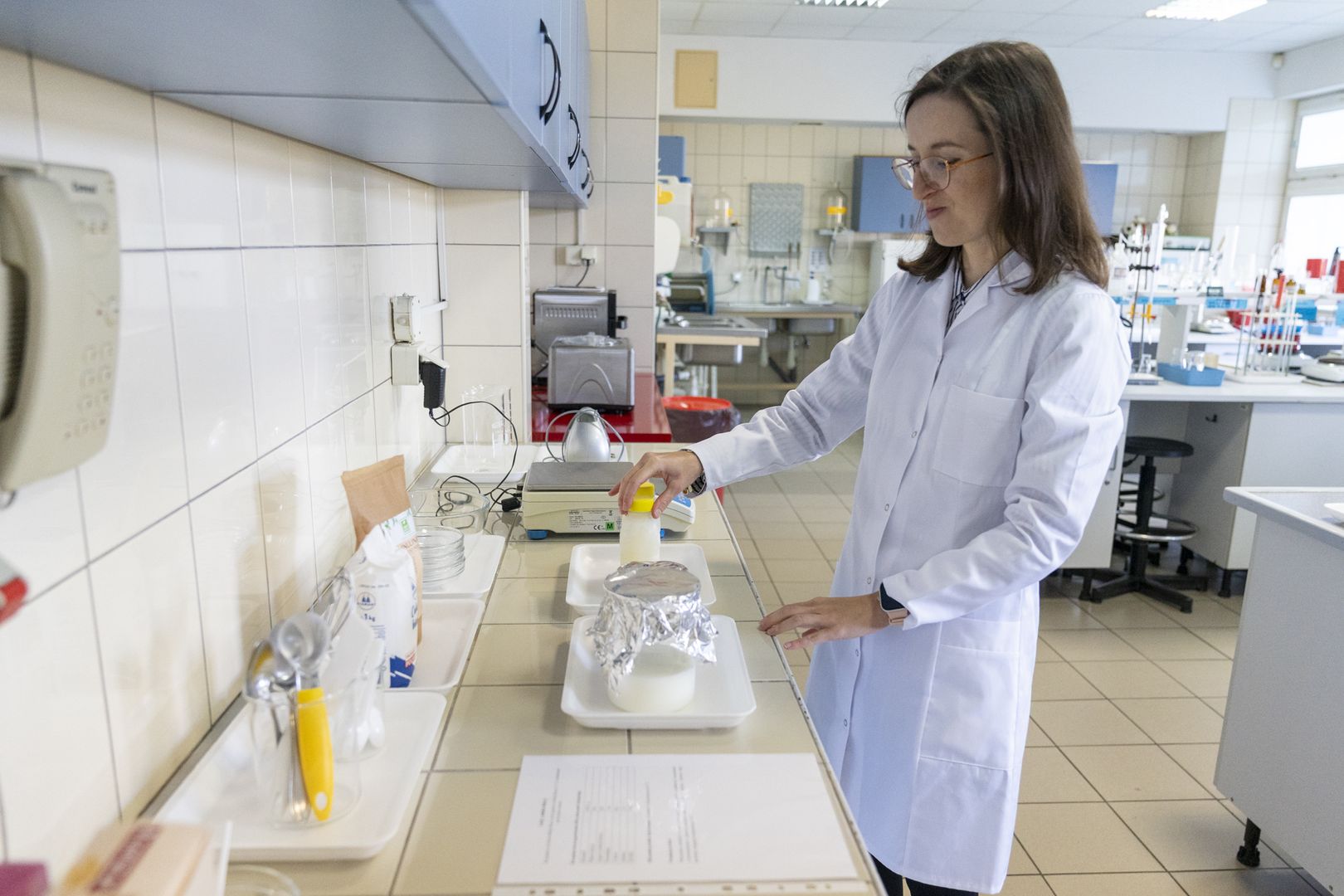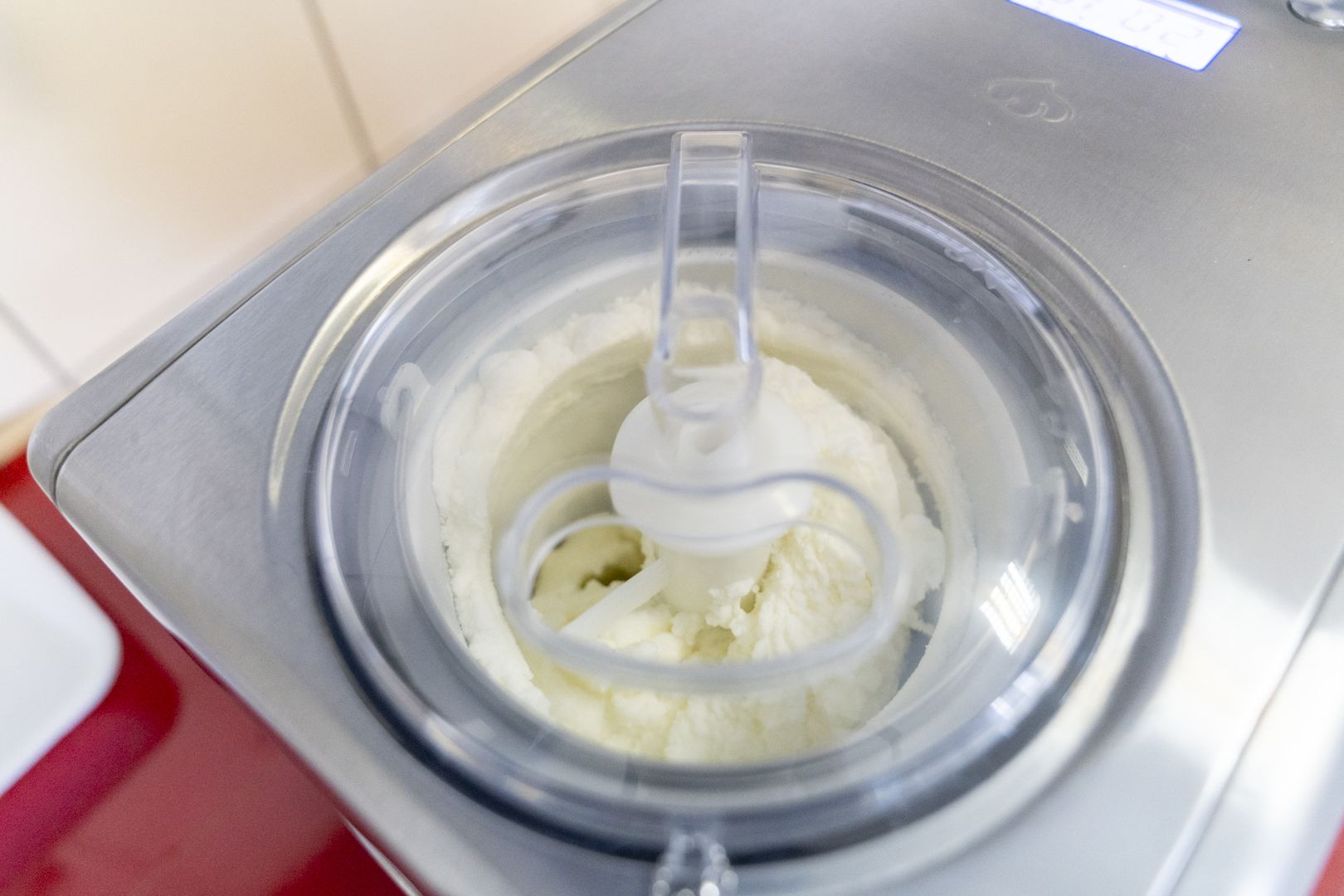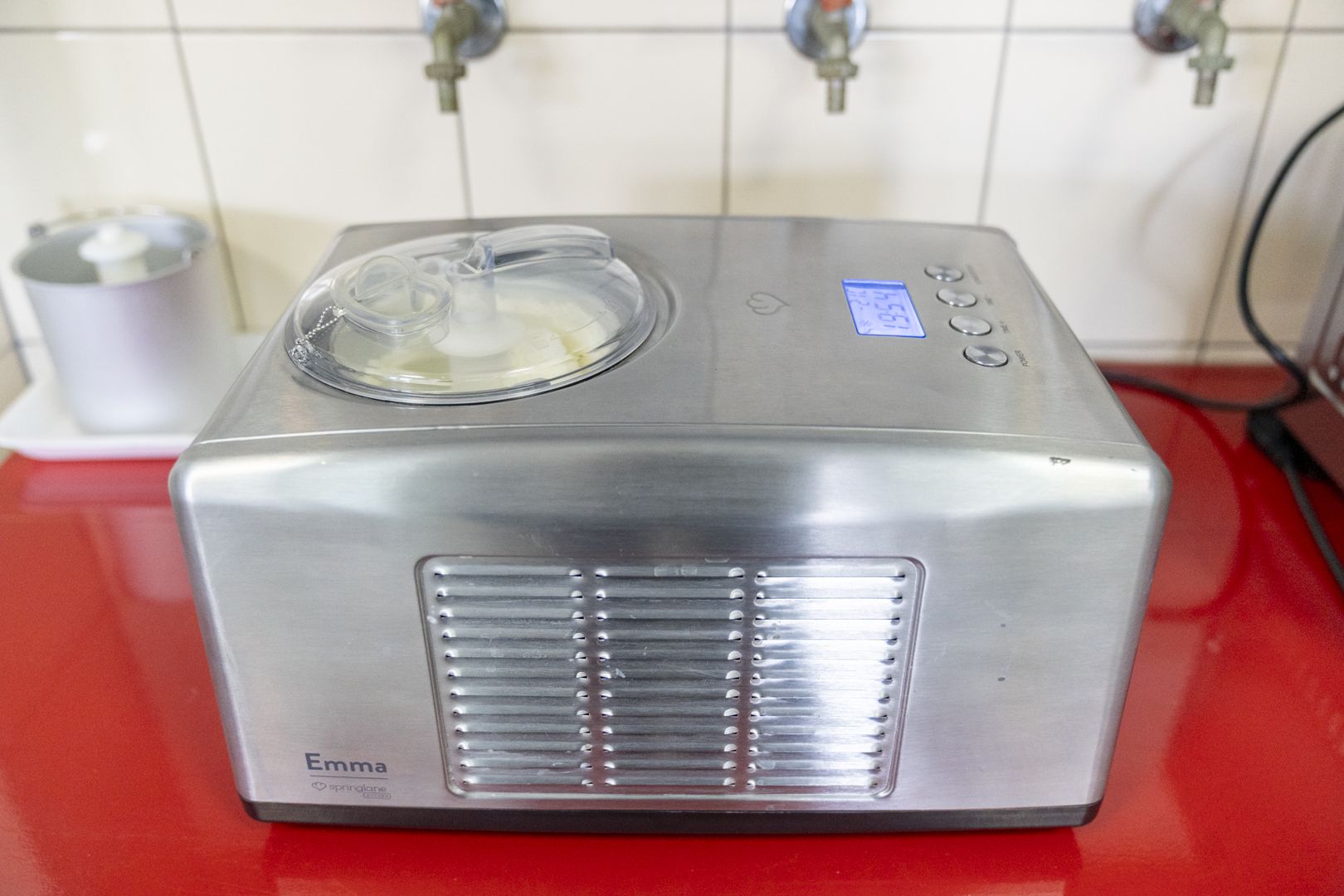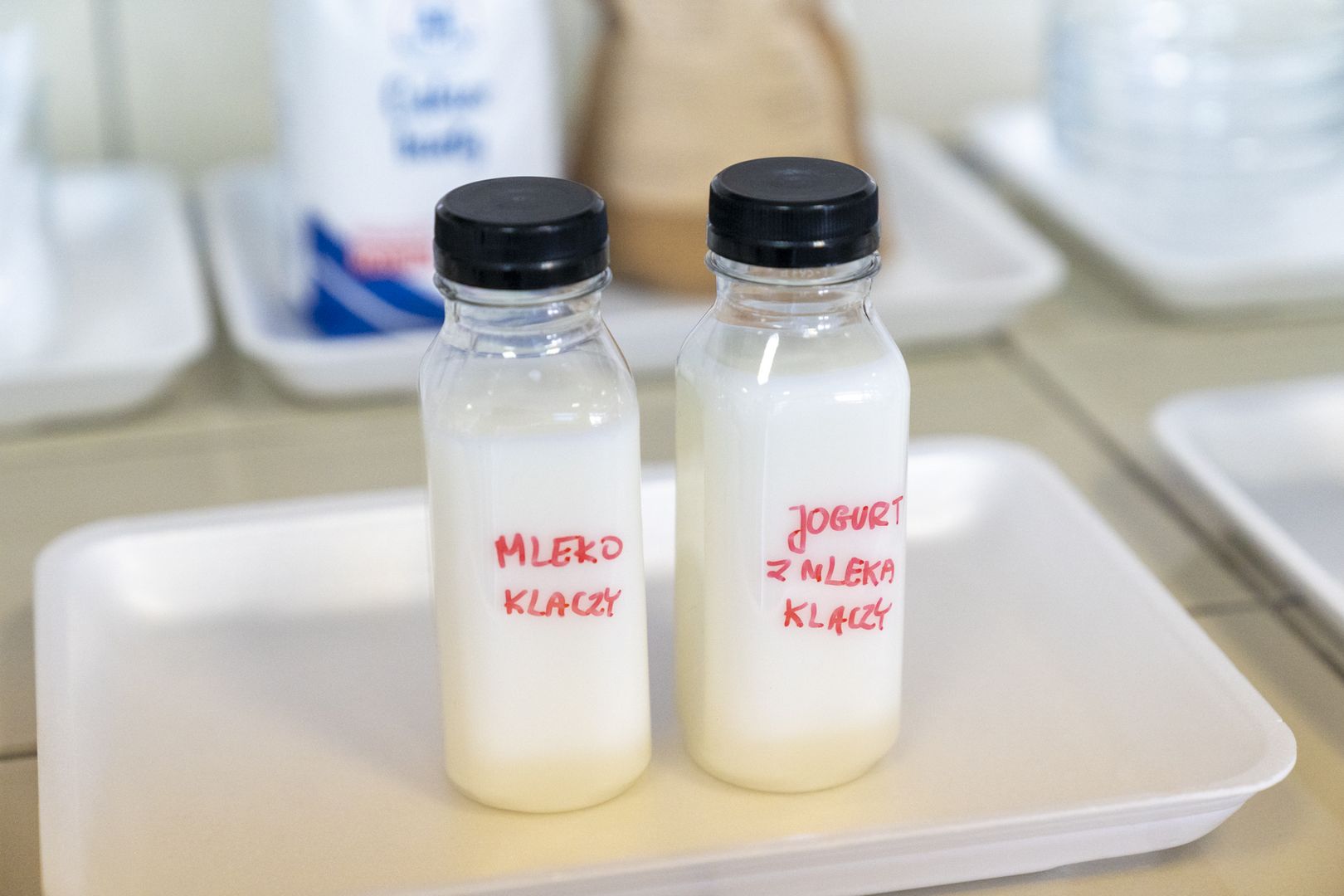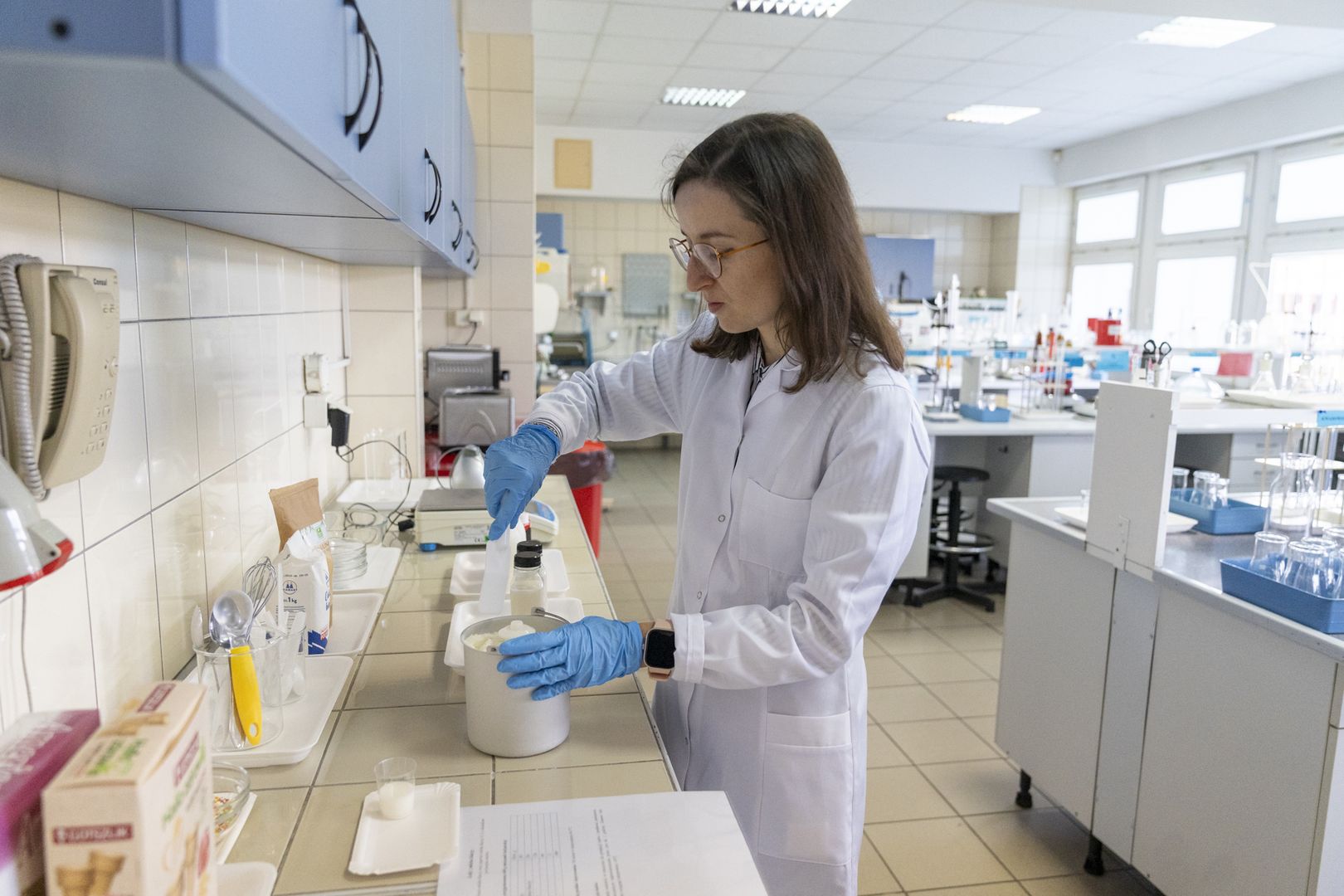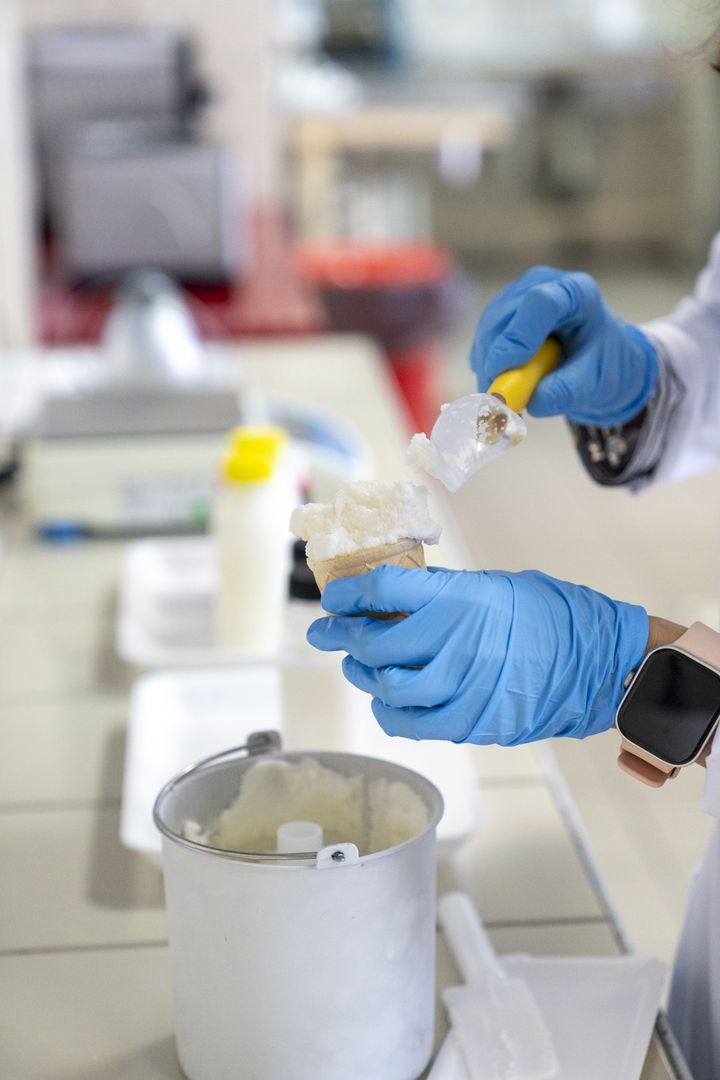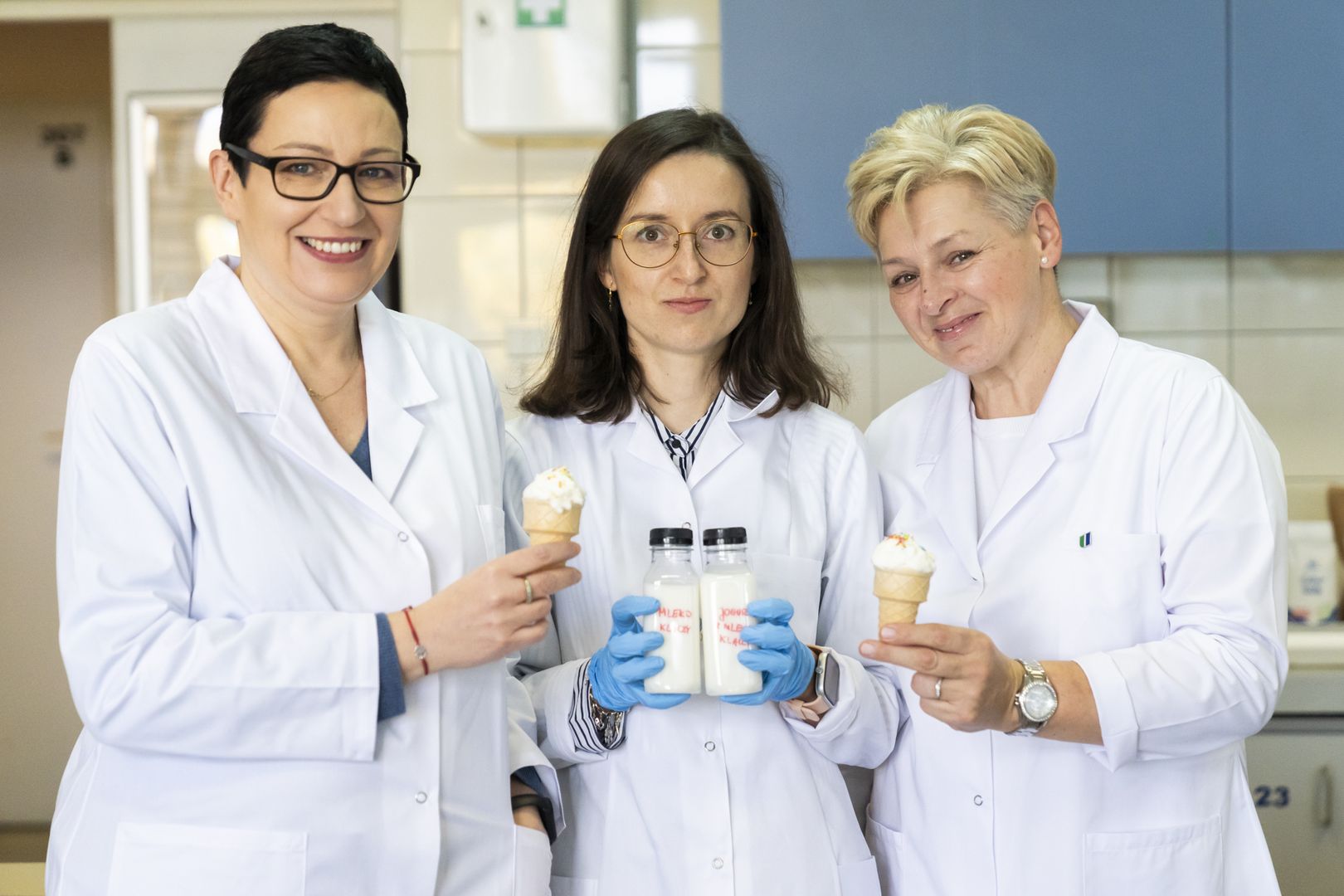Mare's milk is much healthier than cow's milk, and its ingredients have antibacterial and antiviral effects that survive even low freezer temperatures.
The ZUT scientists added cream to the new treat because mare's milk is naturally low in fat and this ingredient is necessary to produce desserts with the right flavour. The ice cream is white and creamy in colour (mare's milk is whiter than cow's milk), soft and creamy in texture and has a pleasant creamy, slightly acidic taste, characteristic of fermented milk ice cream. The ice cream comes in only one flavour, its natural 'cream' flavour, which can be enriched by combining it with fruit, toppings, and other additives.
Mare's milk is traditionally consumed in Central Asian countries but is now gaining popularity in Europe and the USA. It is much closer in composition to mother's milk than to cow's milk. It also contains antibacterial compounds, essential fatty acids, and vitamins. The proteins in mare's milk are much less allergenic than those in cow's milk. Mare's milk is used in the diet of children who are allergic to cow's milk and is recommended for people who want to improve their health. It has been shown to stimulate the immune system and help treat or prevent respiratory and digestive disorders. Yoghurt ice cream is lower in calories than traditional ice cream.
The research into this delicacy was funded by the WNoŻiR ZUT. Katarzyna Szkolnicka, PhD, Anna Mituniewicz-Małek, PhD, Professor ZUT, and Izabela Dmytrów, PhD, Professor ZUT, from the Department of Toxicology, Dairy Technology and Food Storage at ZUT are the creators of the ice cream. Elżbieta Bogusławska-Wąs, PhD, Professor ZUT, from the Department of Applied Microbiology and Physiology of Human Nutrition supervised the microbiological quality of the products.
